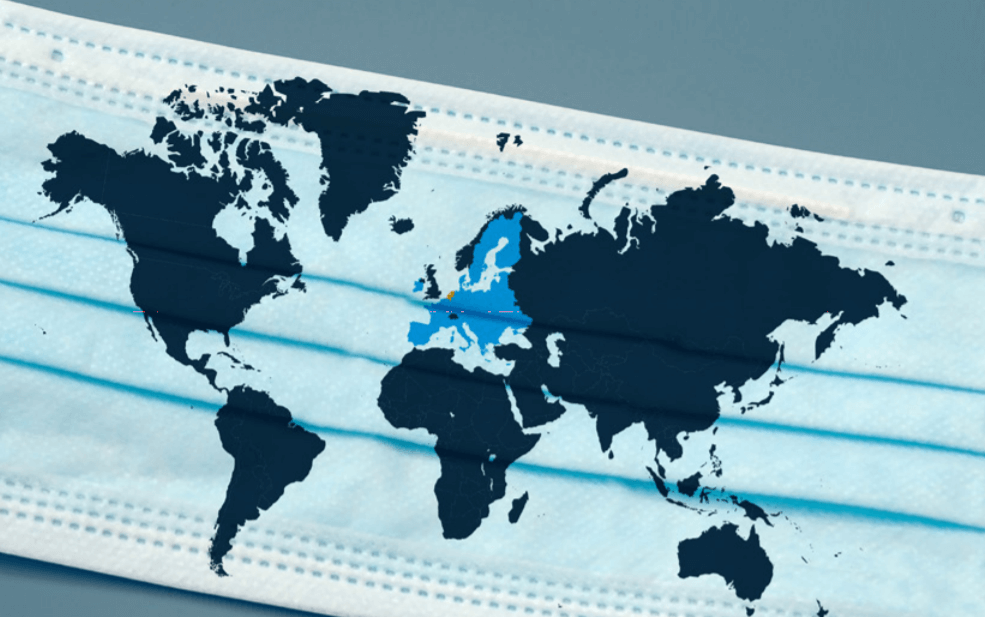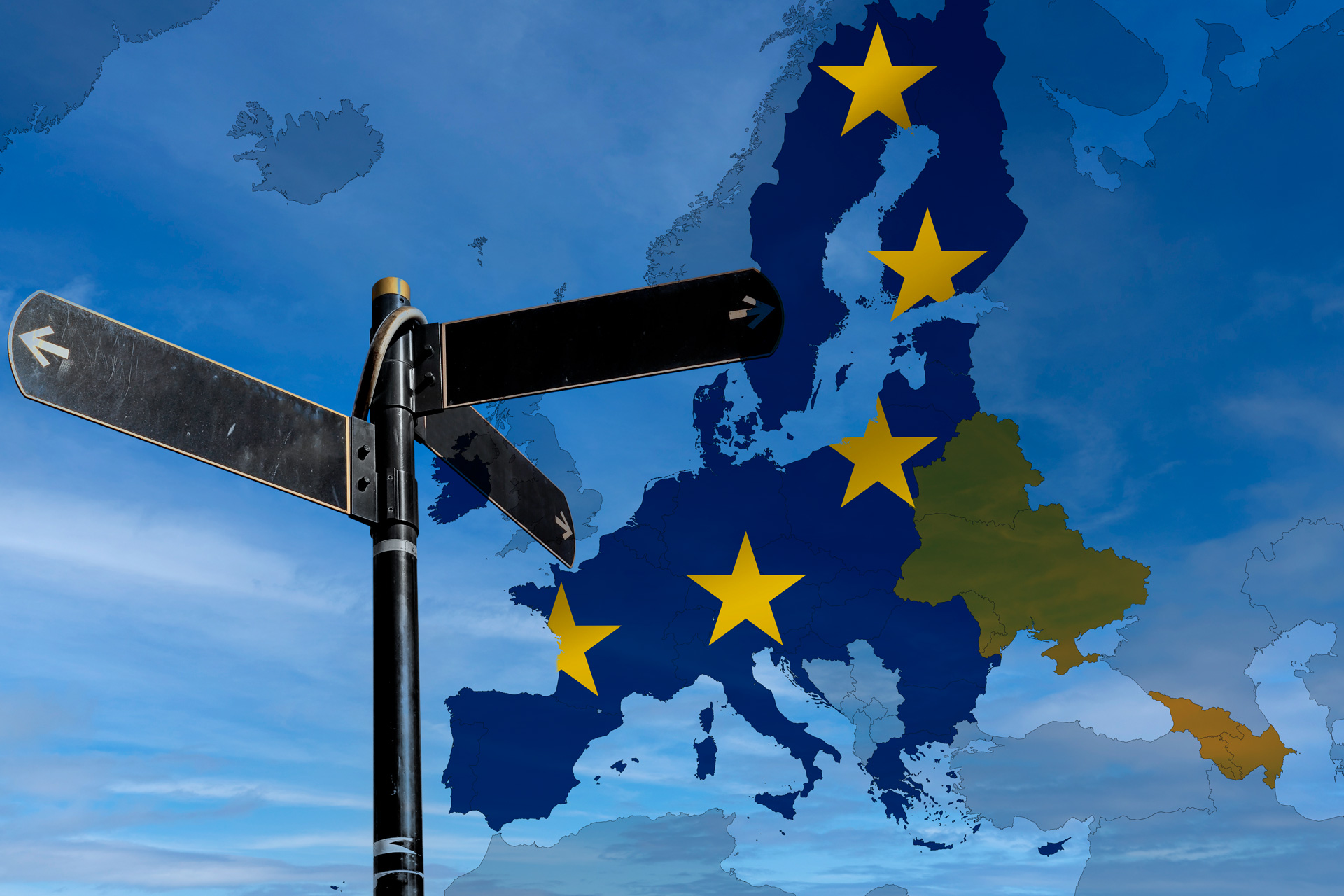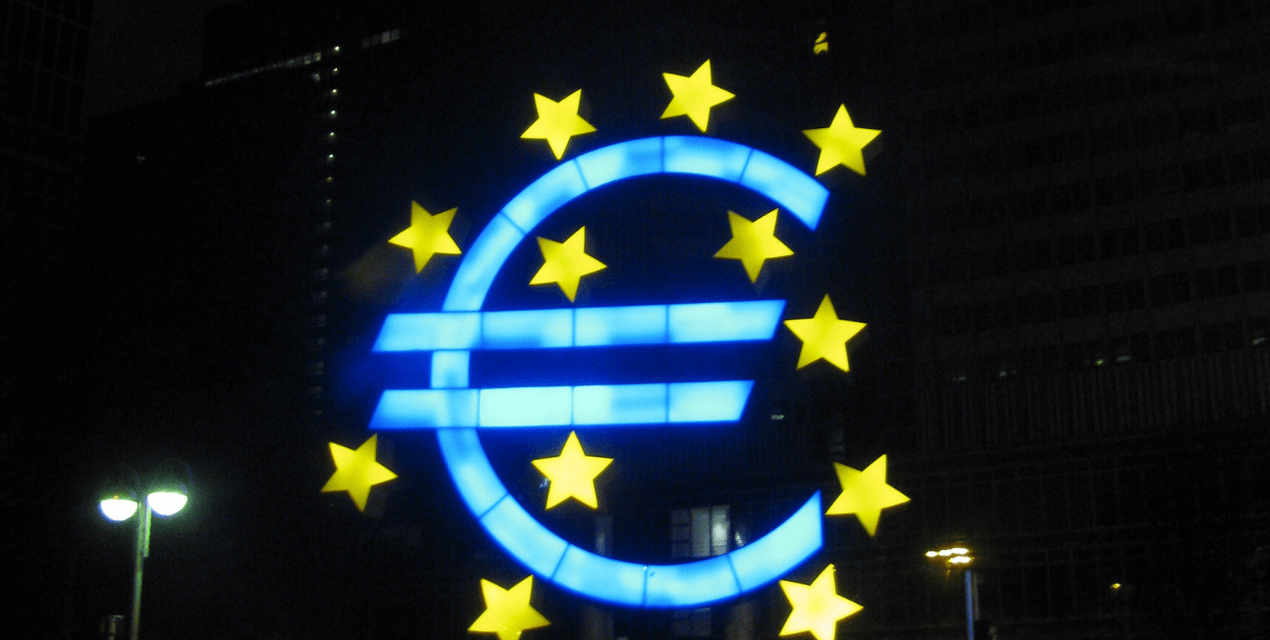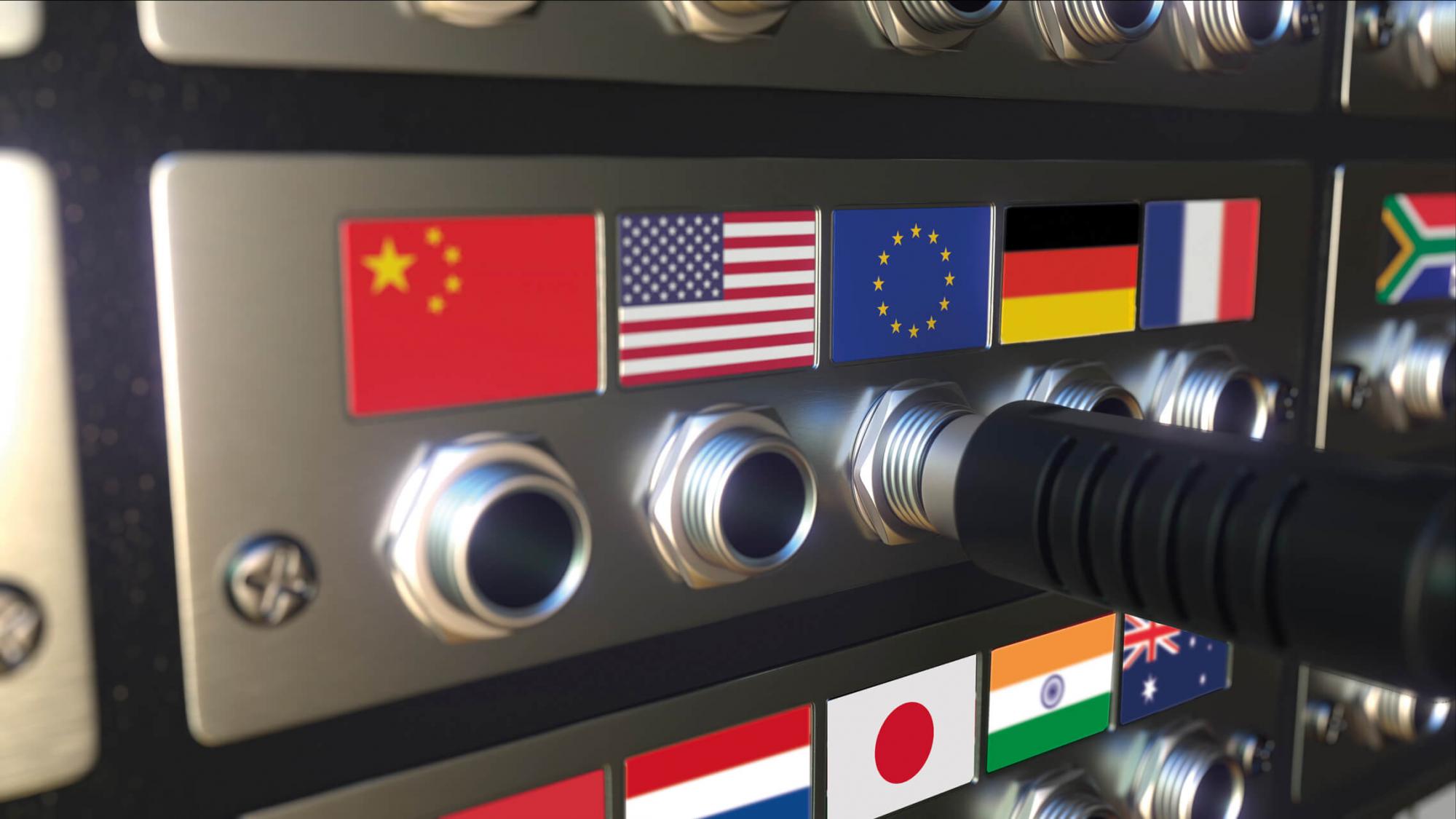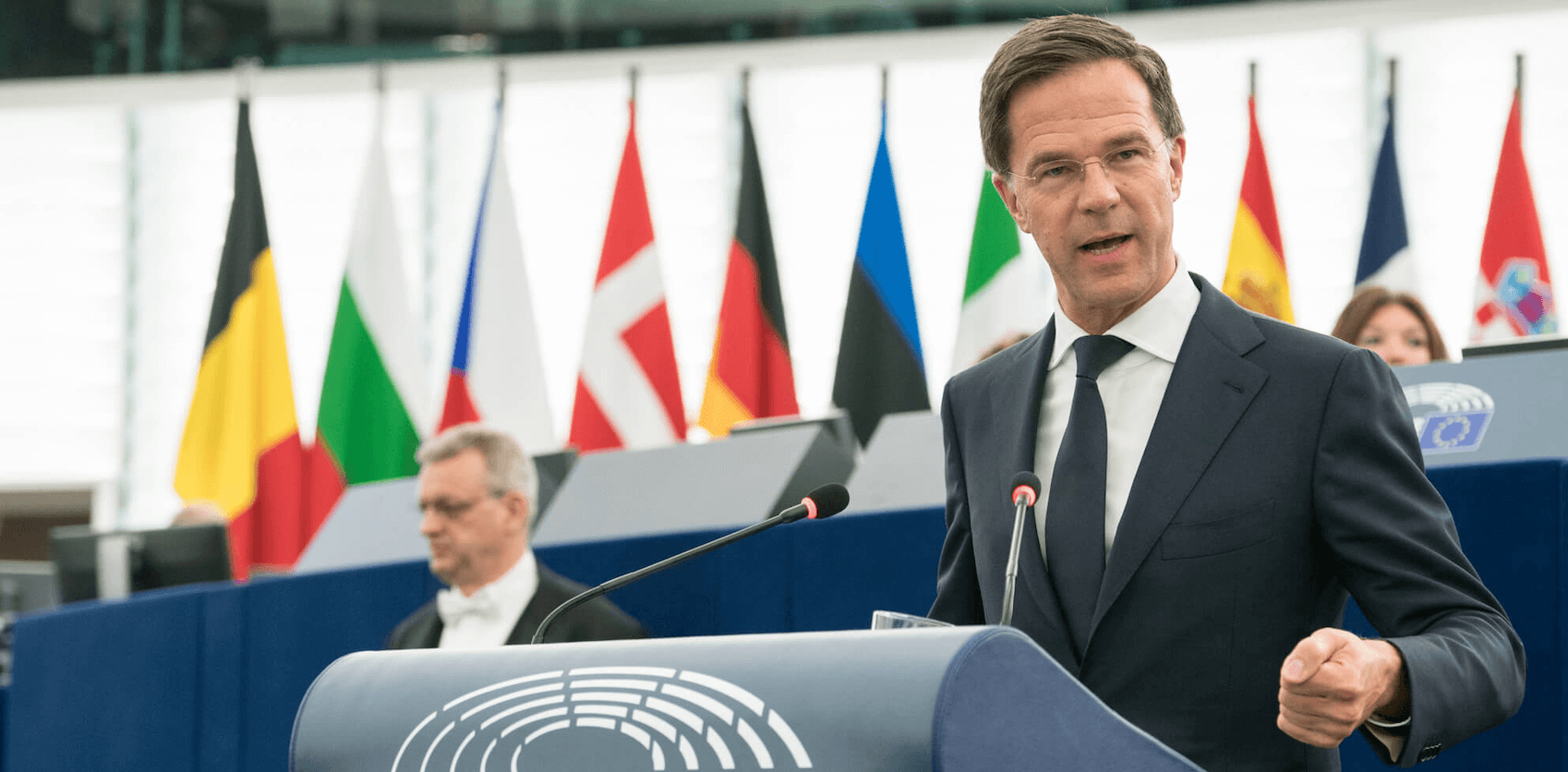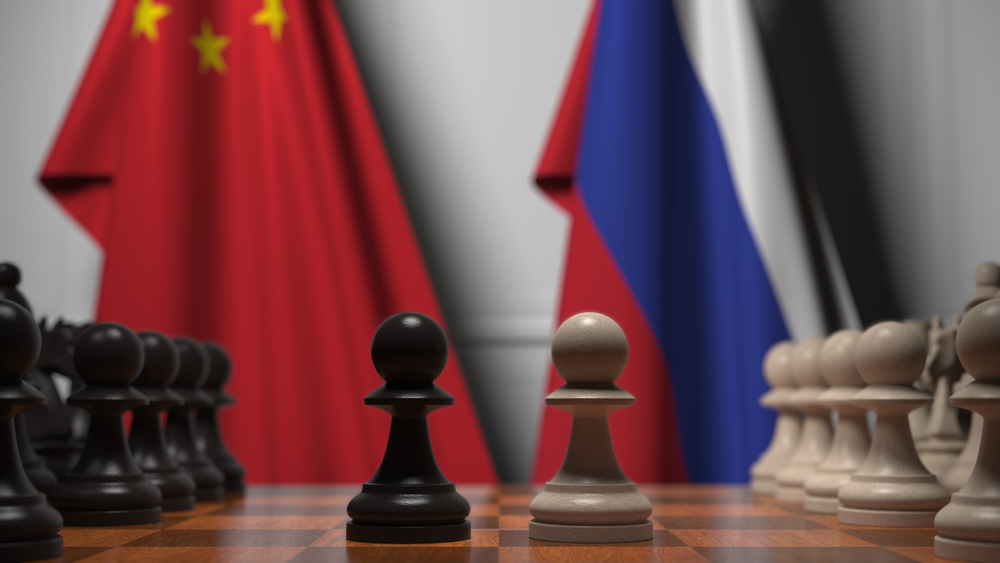Will the European hero please stand up?
- Read more about Will the European hero please stand up?
- Log in to post comments
An essay on European global narrative strategy
A more strategic European narrative is called for. That is, European leaders should more actively engage with the stories they tell and are being told about Europe’s place in the world. This essay problematises the EU global narrative in order to define ways it can be made more competitive in today’s geopolitical discursive arena. It juxtaposes aspects of the European narrative with the discursive moves of China, in order to synthesise elements of a new global narrative for Europe that provides a common sense of purpose with third countries, and that is both competitive and timely. It answers three distinct questions:
- How does the European global narrative currently function?
- Which aspects of the European global narrative are put under pressure by its discursive competition with China?
- And how can EU institutions and European member states contribute to a stronger global narrative strategy?
This essay argues that European leaders should embrace the language of particularism, letting go of universalist value narratives. The European Way of Life is a potentially powerful but underused narrative, through which European leaders can more forcefully explain the existential worth of human rights, democracy and rule of law to Europe. It must dare to speak the language of history, using the ancient civilisational roots of European society as a treasured resource for projecting powerful stories. This means casting as our hero ‘Europe’ the ancient civilisation, rather than the EU as a young political project. The costs of strategic autonomy ought to be explained as the collective sacrifices needed to protect European values. It would be wise to recognise that European society itself is a hero forged out of hegemonic struggle in order to overcome it. It has little need of enemies, but must emphasise time and again the costs of giving in to our own vices.
Read the full essay (longread).
Authors
Ties Dams (Research Fellow, the Clingendael Institute)
Monika Sie Dhian Ho (General Director, the Clingendael Institute)




